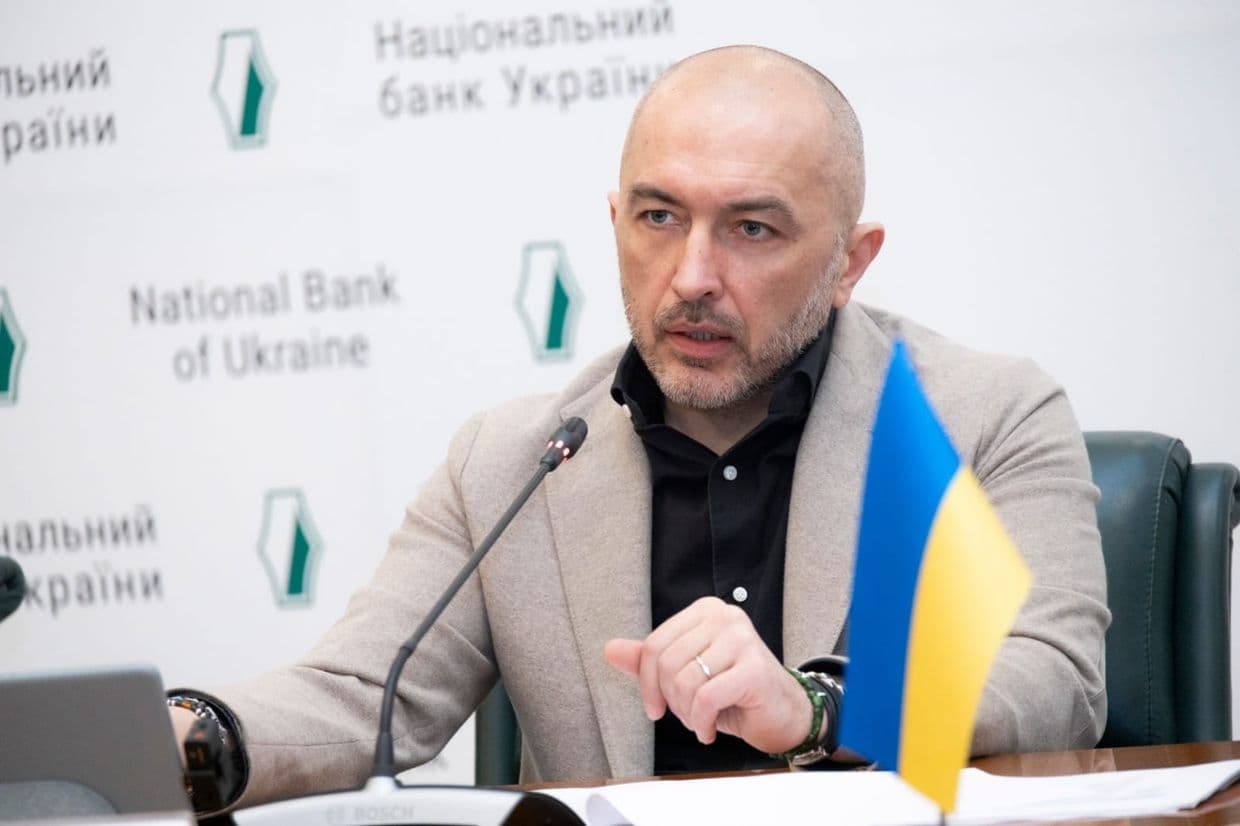Ukraine's central bank holds key rate at 15.5%, lowers growth and inflation forecasts

Ukraine's National Bank held its benchmark interest rate unchanged at 15.5% while revising down economic projections, citing war-related damage and weaker harvests, the bank said on July 24.
The regulator now expects core inflation, which strips out volatile food and fuel prices, to decline to 9.7% in 2025 before reaching the 5% target in 2027.
That is slower than its previous forecast, which projected inflation to fall to 8.4% by the end of the year.
The bank attributed the revised outlook to significant wartime losses, rising business costs, deteriorating crop forecasts, and the hryvnia's weakening.
"The NBU (National Bank of Ukraine) will maintain sufficiently tight monetary conditions for as long as necessary to ensure sustainable disinflation toward the 5% target," Andrii Pyshnyi, the National Bank’s chairman, said in a statement.
The central bank also downgraded its economic growth forecast to 2.1% for 2025, down from a previous projection of 3.1%.
While foreign financial support helped sustain growth in the first half of the year, intensified attacks and continued destruction of production facilities, infrastructure, and housing have fueled migration pressures and constrained economic expansion.
The NBU's baseline scenario assumes a gradual return to normal economic conditions, with growth of 2-3% expected in 2026-2027.
“The ongoing war and potential shortfalls in international financing remain the primary risks to inflation dynamics and economic development,” Pyshnyi said.
Adequate external financial assistance will be crucial for maintaining macrofinancial stability under all scenarios, the central bank warned.
According to the National Bank, Ukraine expects to receive approximately $54 billion in external aid in 2025, having already secured nearly $24 billion.
The remaining $30 billion from G7 nations and the EU may face risks after Ukraine's recent move to strip the independence from key anti-corruption agencies, drawing criticism from Western partners.
European Commission President Ursula von der Leyen expressed "strong concerns" over the legislation. U.S. Senator Lindsey Graham also criticized Zelensky's decision to sign the controversial law.












